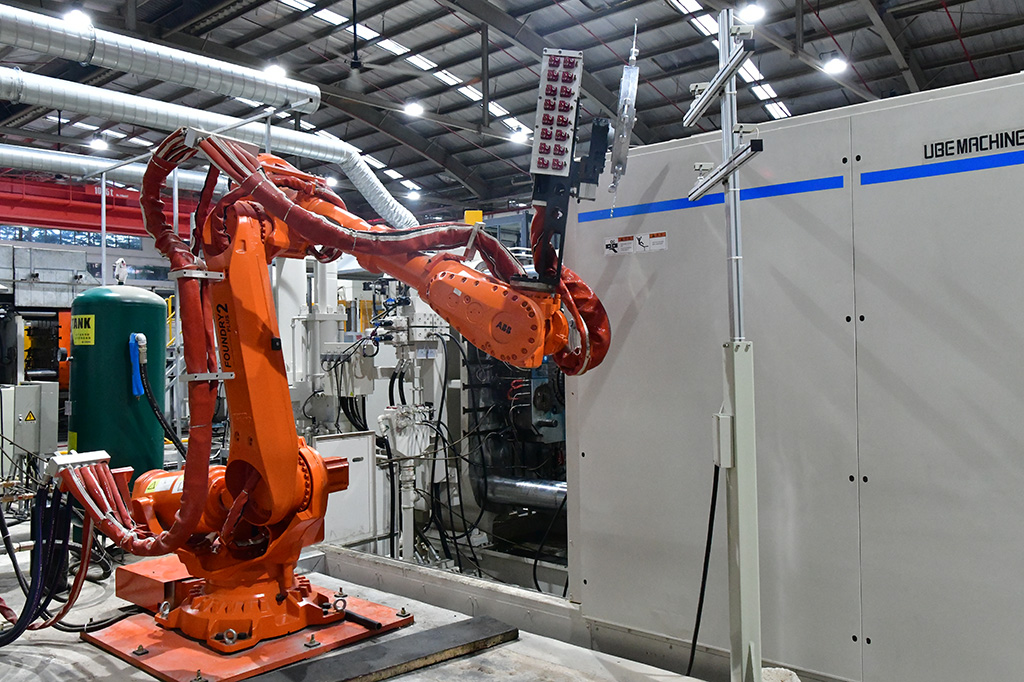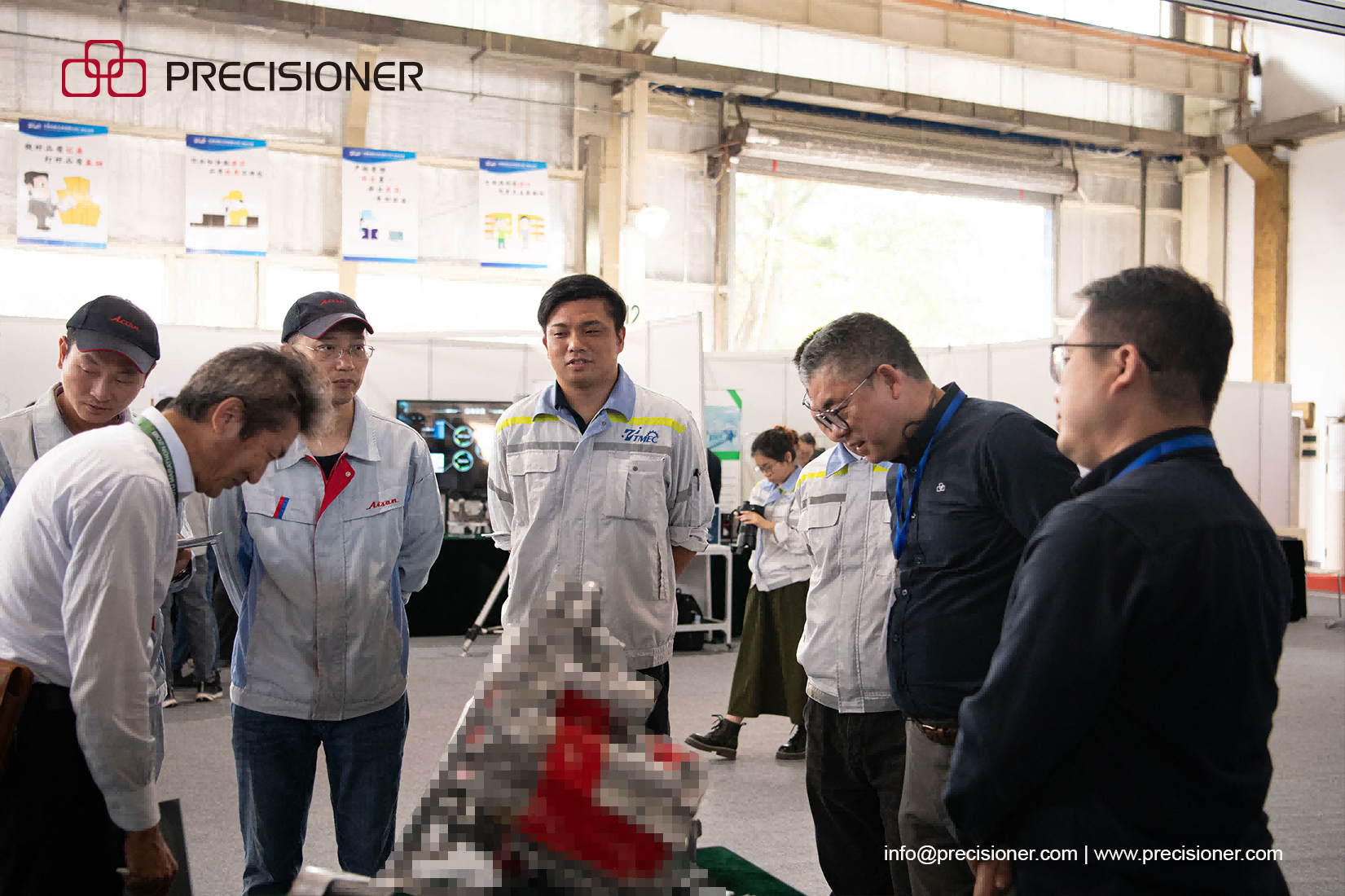Advanced casting technologies are playing a crucial role in enabling lightweight automotive applications. These technologies are revolutionizing the automotive industry by providing lightweight solutions without compromising on strength and durability.
One such technology is high-pressure die casting (HPDC), which is widely used for manufacturing complex automotive components. HPDC involves injecting molten metal under high pressure into a steel mold, resulting in precise and intricately designed parts. This process offers excellent dimensional accuracy, high production efficiency, and cost-effectiveness.
Another advanced casting technology is squeeze casting, which combines the benefits of both casting and forging processes. In squeeze casting, molten metal is poured into a preheated mold, and then pressure is applied to solidify the metal. This process reduces porosity and improves the mechanical properties of the cast components, making them suitable for lightweight automotive applications.
Furthermore, gravity die casting, also known as permanent mold casting, is being used to produce lightweight castings with improved surface finish and dimensional accuracy. In this process, molten metal is poured into a reusable mold under the force of gravity. Gravity die casting is well-suited for manufacturing thin-walled and intricate automotive parts.
Additionally, investment casting, also called lost-wax casting, is employed to produce complex and lightweight automotive components. This process involves creating a wax pattern, coating it with a ceramic shell, and then melting the wax to leave behind a hollow ceramic mold. Molten metal is then poured into the mold, resulting in near-net-shape parts.
These advanced casting technologies offer several benefits for lightweight automotive applications. Firstly, they provide weight reduction, which contributes to improved fuel efficiency and lower emissions. Secondly, they offer design flexibility, allowing complex geometries and intricate details to be achieved. Thirdly, they enhance overall product performance by providing high structural integrity and excellent mechanical properties.
In conclusion, advanced casting technologies, such as high-pressure die casting, squeeze casting, gravity die casting, and investment casting, are revolutionizing the automotive industry by enabling the production of lightweight components with superior strength and durability. These technologies are driving the development of more fuel-efficient and eco-friendly vehicles while maintaining the highest standards of safety.
















